

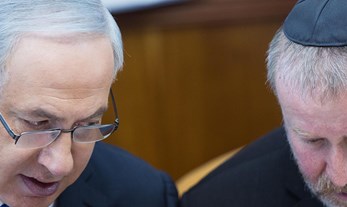
Indictment Timeline
Written By: Dr. Guy Lurie
As the Israeli attorney-general is expected to announce his decision regarding the possible indictment of Prime Minister Netanyahu on corruption charges, Tipping Point hosts two leading experts for a discussion on the legal and political ramifications. Dr. Guy Lurie (Israel Democracy Institute) and Dr. Emmanuel Navon (Kohelet Policy Forum) try to make sense of what’s about to come

5 Rules on How to Act Smart and Protect Yourself in the Digital Age
It is difficult to identify them - they are hidden, disguised, sophisticated and resonate to us what our immediate surroundings think. During the election campaign they are at their peak - bots, fake accounts, unnamed identifiers - all trying to influence public opinion. We bring to you 5 tips for managing smart online presence
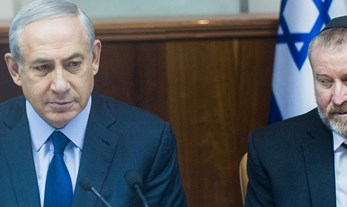
What Would be the Fate of a Prime Minister Convicted in a Court of Law?
Written By: Dr. Guy Lurie
The fourth in a series of articles and videos prepared by the Israel Democracy Institute in the run-up to April 9, explaining and critiquing what goes on during an election period
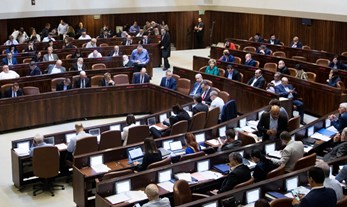
A Call to Adopt a Government Code of Ethics
Written By: Dr. Guy Lurie
Such a code will not only prevent corruption, but in addition will prevent serious damage to the government’s image and attacks on law enforcement
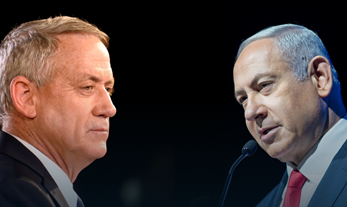
Political Parties Merge: Israel Reverts to Two-Blocs
Written By: Yohanan Plesner
Following the merger between Yesh Atid and the Israel Resilience Party, April’s elections will feature real competition between two major blocs. The next step in minimizing fragmentation in the Israeli political system is reforming the method by which a government is formed. The head of the largest party should automatically be appointed to form the next government.

Netanyahu – Why is There Such A Fierce Debate?
Written By: Yair Sheleg
Israel has had 12 prime ministers in its 70 years, but none provoked such fierce emotional debates as Netanyahu.
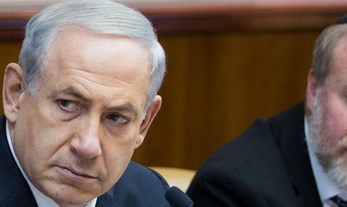
Prime Minister under Investigation – A Guide for the Perplexed
The following guide represents the collective wisdom of the Israel Democracy Institute's scholars and explains the various possibilities and scenarios as Israel enters unchartered political and legal waters
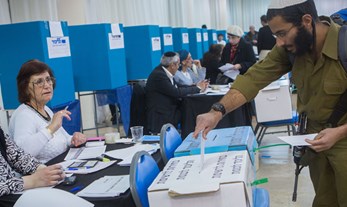
How do Primaries Work and How Could they be Improved?
The third in a series of articles and videos prepared by the Israel Democracy Institute in the run-up to April 9, explaining and critiquing what goes on during an election period
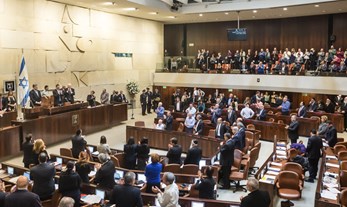
It’s time to change how we select Knesset candidates
Written By: Prof. Gideon Rahat
Primaries often don't reflect the true will of actual party supporters -- voters should weigh in on Election Day
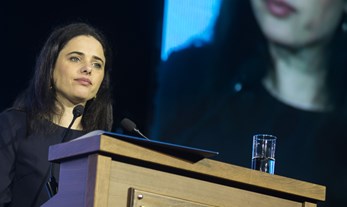
How Well are Women Actually Represented in Israel’s Government?
In February 1969, Golda Meir was appointed fourth prime minister of the State of Israel. Despite this achievement, the inclusion of women in Israel’s cabinets is far from impressive. Dr. Ofer Kenig explains that after 70 years of independence, the time has come for Israel’s governments to strive for true equality and reflect greater gender balance.
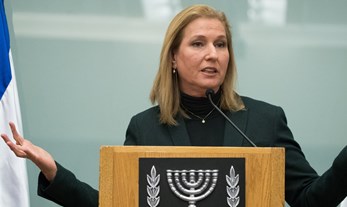
Israeli Politics is Still a (Mostly) Boys’ Club at the Top
Written By: Prof. Ofer Kenig
Despite record numbers in the Knesset, few females hold senior government posts — their absence leaves Israel worse off.
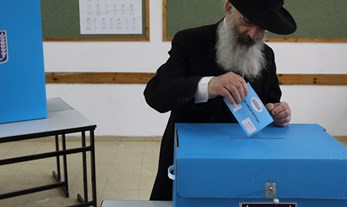
Ultra-Orthodox Political Parties in Israel—Past, Present, Future
Written By: Dr. Gilad Malach
What is the secret behind the power of the ultra-Orthodox political parties in Israel and how has it changed over the years? The article presents an overview of the development of the ultra-Orthodox political parties in Israel from the establishment of the State as well as insights as to future developments.
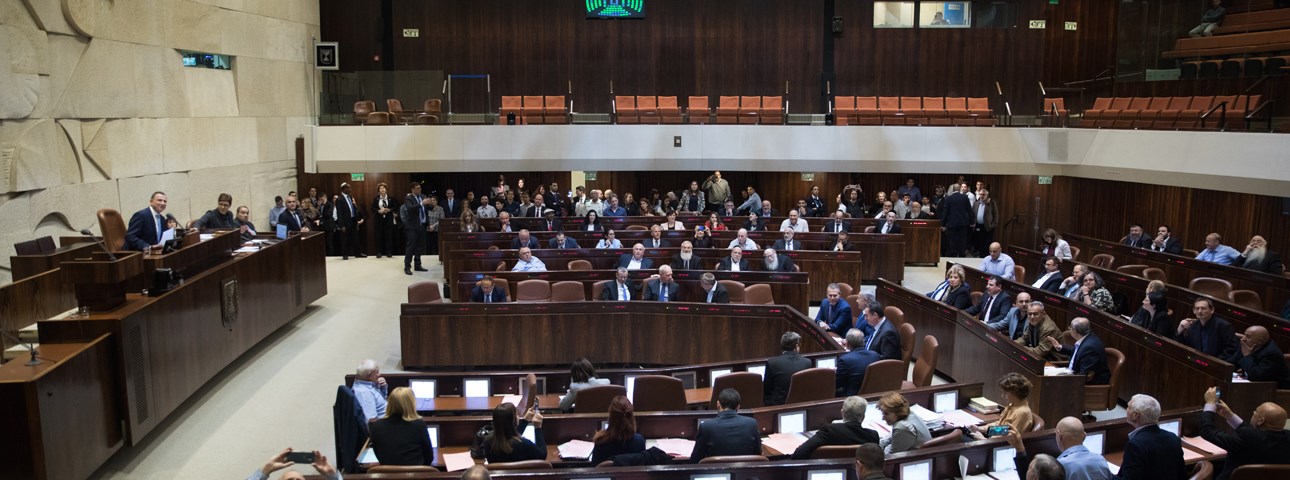
Time to Vote for a Bloc!
Written By: Prof. Yedidia Z. Stern
“The great task before all — right and left, religious and secular, Jew and Arab — is to break down the veto power that the extremists among us wield over the center on various fronts”

In Healthcare, Better Data Demands Better Privacy Protections
Written By: Dr. Tehilla Shwartz Altshuler
In an op-ed published in Techcrunch, Dr. Shwartz Altshuler analyzes the dangers of exploiting one of Israel's rare assets - an extraordinary volume of computerized healthcare information, and the potential damage it could cause.

Special Elections Survey
Written By: Prof. Tamar Hermann, Dr. Or Anabi
The Jewish public is divided over the question whether the prime minister should resign if indicted by the Attorney General, pending a hearing; 52% of the Jewish public believes that Israelis living abroad should also have the right to vote
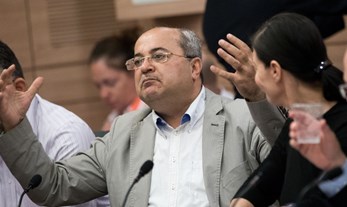
Arab Politics in the 2019 Election Campaign
Written By: Dr. Arik Rudnitzky
A review of political and ideological streams in Arab society in Israel - towards 2019 elections.

Why Are There so Many Political Parties, and Why Does This Fragmentation Obstruct Governance?
“The current system grants small parties disproportionate power, leads to excessive preoccupation with coalition management, does not provide strong incentives for creating an effective opposition, and leads to the allocation of over-sized budgets to sectoral interests. We need to create a system of incentives which will solidify the political system into two main blocs.” says Prof. Gideon Rahat

Climbing up the Socioeconomic Ladder: Military Service among the Ultra-Orthodox
Written By: Dr. Asaf Malchi
Even though military service seems to be one of the most blatant threats to the ultra-Orthodox lifestyle, it has become a rather attractive channel for broad segments of the community.
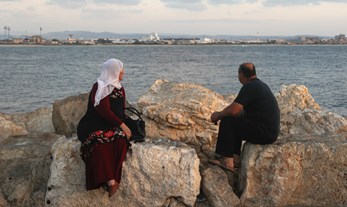
The Five-Year Plan for Arab Israelis: the Acid Test of the Upcoming Elections
Written By: Dr. Nasreen Haddad Haj-Yahya
The five-year plan for the development of the Arab community was a giant step forward towards the socioeconomic advancement of Israel’s Arabs, nevertheless the current election campaign is going to be the acid test: Is the Israeli government serious about integrating the country’s Arab citizens into the broader society, or merely in promoting the Arab economy in light of its importance for the country’s overall prosperity?
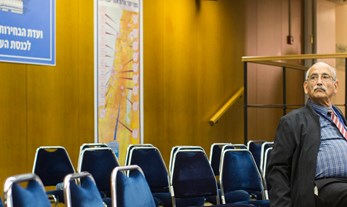
Has The Era of the Primaries Come to an End?
Written By: Prof. Ofer Kenig
Democracy is at risk when the responsiveness between the public and its elected representatives is severed. Without accountability, political extremism and populism will become more prevalent.
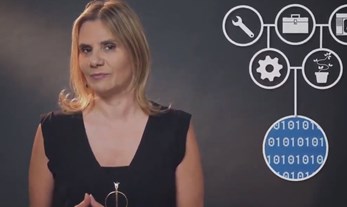
The Future of the Labor Market
The labor market is undergoing dramatic changes - is Israel ready?

How Do We Choose Judges in Israel?
How are judges appointed in Israel? Who sits on the committee? And why is it so important to maintain the balance between judicial independence and democratic accountability in the appointing process? Tune in to learn more with Dr. Guy Lurie
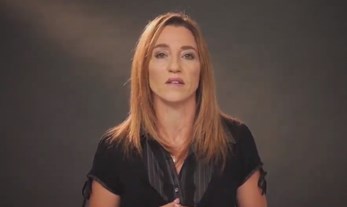
Improving the Work of the Ministerial Committee for Legislation
The Ministerial Committee for Legislation is one of the most important ministerial committees in Israel but is not required to function in a transparent manner - it is time to change that.
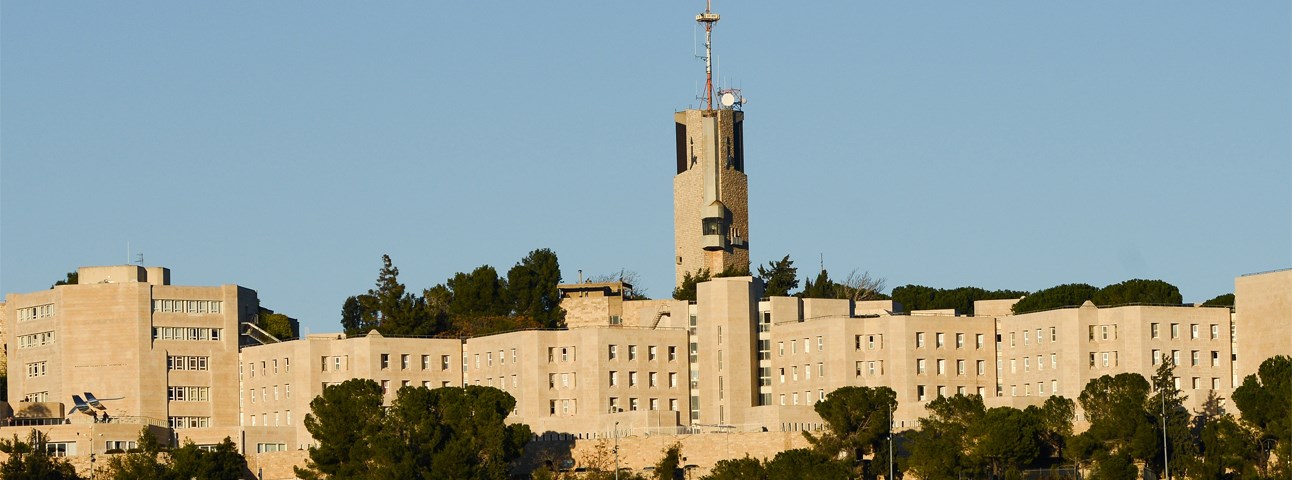
Observing the World from Our Own Perspective
Written By: Prof. Yedidia Z. Stern
Israeli society—its marketplace of ideas, its democratic institutions, the rule of law, the components of national identity—is caught in the turbulent vortex of a kulturkampf—a “culture war”.
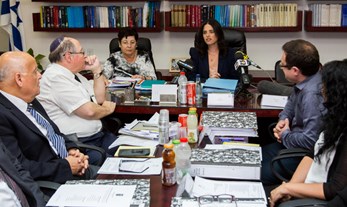
A Lethal Virus
Written By: Prof. Yedidia Z. Stern
"If indeed a member of the Judicial Appointments Committee was swayed by bribes, this constitutes the deepest possible subversion of the system and its legitimacy".
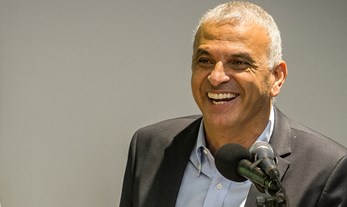
The Constitutional Tug of War in the Outgoing Coalition
Written By: Dr. Amir Fuchs
The 20th Knesset was the most injurious of all with regard to democratic values, freedom of expression, gatekeeping and, above all, minority rights. In the next government we can only hope that someone will champion liberal center-right values to continue to protect our democracy.
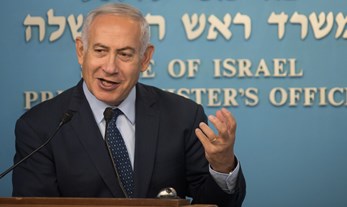
The Illusion of Political Stability
Written By: Prof. Ofer Kenig
Despite a solid decade with the same prime minister, other cabinet posts have switched hands at alarming rates.
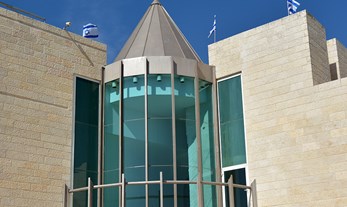
House Demolition at the Israeli Supreme Court: Recent Developments
Written By: Prof. Yuval Shany, Prof. Amichai Cohen
In its fight against terrorism, Israel has often been proud of its ability to effectively fight terrorism, while remaining faithful to democratic principles. House demolitions were always considered a necessary evil, which could be resorted to in very exceptional circumstances - are we now facing populist trends that runs contrary to the traditional ethos of subjecting counterterrorism policies to rule-of-law constraints.
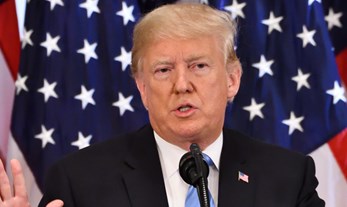
Elections, Security and the Next Government
Written By: Prof. Tamar Hermann, Prof. Ephraim Yaar
The majority of Israelis think that Trump’s decision to withdraw from Syria harms Israel’s security and want a right or center-right government. Read more in the latest Peace Index.

Citizenship and Military Service in Ultra-Orthodox Society
Written By: Dr. Asaf Malchi
More and more ultra-Orthodox (Haredi) Israelis are enlisting in the IDF, driven by personal, financial, and professional motives, with military service seen as an “entrance ticket” to Israeli society and to the labor market. But military service also introduces them to the shared components of identity and citizenship linking them to the state and its values, and enabling them to identify with others, from outside their community.

